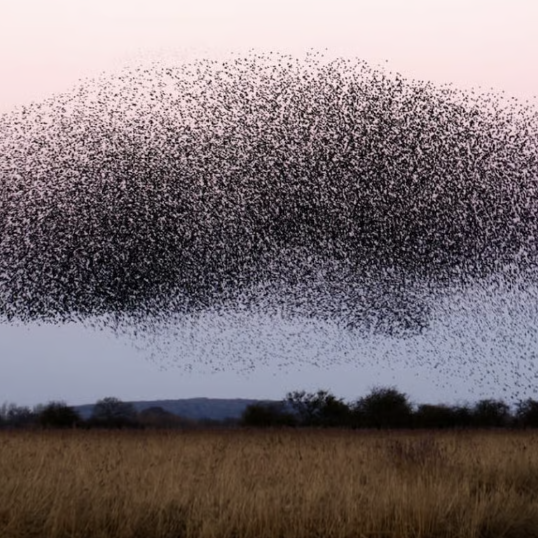Upcoming Events
-

AI Safety Thursday: Risks Emerging from Agent Swarms
Thursday, February 19
6:00 PM - 9:00 PM
Agent swarms can complete multi-month to year software development tasks. What does this mean for timelines? Julian Moncarz provides an overview of safety risks that emerge when agents work in swarms.
-

AI Policy Tuesday: Regulating AI Agents - Lessons from the EU AI Act
Tuesday, February 24
6:00 PM - 9:00 PM
Kathrin Gardhouse will present on her recent paper with the same title that discusses various governance challenges that AI agents pose and the adequacy of the EU AI Act's response to these challenges, including the institutional implementation, ie, the self-regulation approach, distributed enforcement, and institutional capacity and resourcing.
-

AI Policy Tuesday: AI Safety in Healthcare
Tuesday, March 2
6:00 PM - 9:00 PM
This talk will explore how today's fragmented regulatory approach creates systemic vulnerabilities that could amplify as systems become more capable. Pascal Thibeault examine the growing chasm between AI deployment and AI governance in clinical care, and consider which governance frameworks might help prepare us for a future where AI systems operate with increasing autonomy.
Past Events
-
AI Safety Thursday: Why Attackers Are Winning and What We Can Do About It
Thursday, January 8, 6:00 PM - 9:00 PM
LLMs are shifting the cybersecurity balance—in favor of attackers.
The barrier to sophisticated cyberattacks is dropping fast.Diana Sarbakysh introduces frameworks for evaluating emerging AI capabilities and institutional readiness; demonstrates the current state of AI-enabled threats; and provides concrete action paths to improve cybersecurity.
-
AI Policy Tuesdays: Verification Methods for Global AI Governance
Tuesday, December 9 6:00 PM - 9:00 PM
How can we make sure AI companies follow the rules?
International AI governance is limited by our ability to verify compliance with agreements.
Wim Howson Creutzberg gives an overview of existing options for verification mechanisms for international ai governance and assesses their viability.
-
AI Safety Thursdays: Agentic Bug Detection
Thursday, December 18, 6:00 PM - 9:00 PM
As AI advances and impacts cybersecurity, the evolution of the offence-defence balance will have profound implications.
Leo Zovic provides an update on his work to deploy AI agents to detect bugs, with potentially widespread impacts on defensive hardening of code at scale.
-
Hackathon: Apart x Martian Mechanistic Router Interpretability Hackathon
Friday, May 30 - Sunday, Jun 1.
We hosted a jamsite for Apart Research and Martian's hackathon.
-
AI Safety Thursdays: Advanced AI's Impact on Power and Society
Thursday, May 29th, 6pm-8pm
Historically, significant technological shifts often coincide with political instability, and sometimes violent transfers of power. Should we expect AI to follow this pattern, or are there reasons to hope for a smooth transition to the post AI world?
Anson Ho drew upon economic models, broad historical trends, and recent developments in deep learning to guide us through an exploration of this question.
-
AI + Human Flourishing: Policy Levers for AI Governance
Sunday, May 4, 2025.
Considerations of AI governance are increasingly urgent as powerful models become more capable and widely deployed. Kathrin Gardhouse delivered a presentation on the available mechanisms we can use to govern AI, from policy levers to technical AI governance. It was a high-level introduction to the world of AI policy to get a sense of the lay of the land.
-
AI Safety Thursday: "AI-2027"
Thursday April 24th, 2025.
On April 3rd, a team of AI experts and superforecasters at The AI Futures Project, published a narrative called AI-2027 outlining a possible scenario of explosive AI development and takeover occurring during the coming 2 years.
Mario Gibney guided us through a presentation and discussion of the scenario where we explore how likely it is to actually track reality in the coming years.

